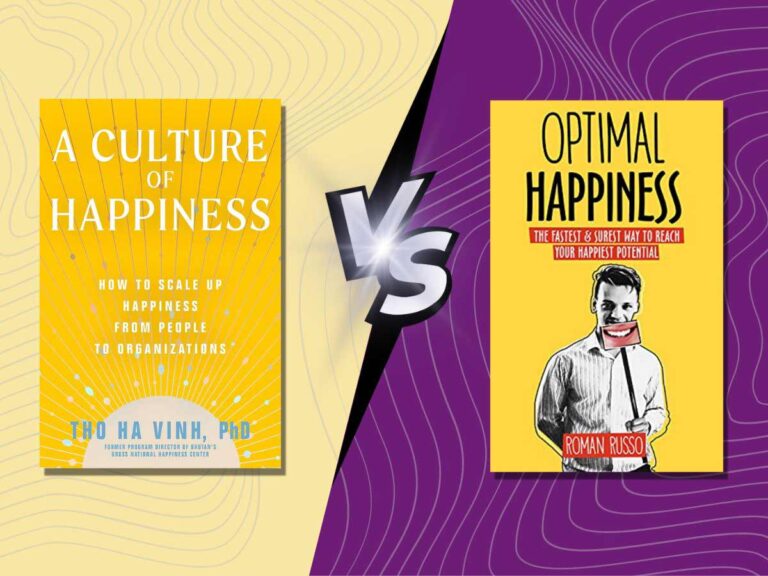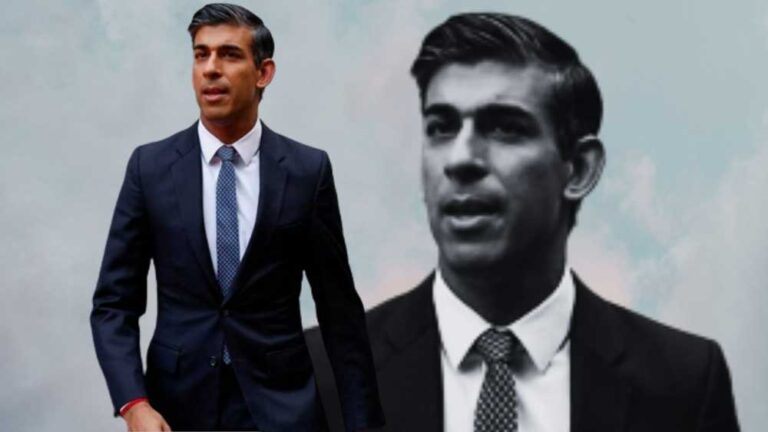
What do Gandhi, Mother Teresa, and Martin Luther King Jr. all have in common? They were very altruistic, which, in accordance with happiness theory, means that they were very happy. At the same time, happiness theory also suggests that happiness is a positive subjective experience. This means that we can never know for certain if they were truly happy, especially since we know they faced many hardships while fighting for their beliefs. However, according to many different biographies about them and those of many other similar figures, I can generally say they were quite fulfilled by their mission. And nothing makes people happier than living by their values, even if they encounter resistance.
Furthermore, in line with the science of happiness, altruism makes people significantly happier than egoism. This contradicts the normal state of the world today, where everyone is encouraged to be egoistic, to fight over limited resources, and to compete with each other in every aspect of life. Many embrace a hedonistic lifestyle, essentially seeking one high after another and closing their eyes to deeper life problems and moments of unhappiness that follow in between the highs.
This is perhaps why some of the richest people in the world are still rather unhappy, as money only solves problems that a lack of money creates. While statistically, more money does improve people’s overall well-being, this increase is far from proportional. It takes substantially more money to be even slightly happier, while the effort to get that money offsets any benefits it creates.
Additionally, having more money often creates more problems, such as needing to pay higher taxes and having to care for all the possessions we own, in turn disconnecting from other human beings, resulting in increased isolation and egoism, and consequently, less happiness—at least according to happiness theory.
And this is exactly what we see, as most people are trying to see what they can get for themselves, often at the cost of everyone else. This is the opposite of what happiness theory suggests, which is to do the reverse—to offer your last pair of shoes to someone who needs them more, so to speak.
Given this, I thought of being more altruistic and giving money to the poor, but I was never quite satisfied with this process. I saw money disappearing from my wallet without making a lasting impact on people’s lives. This even led me to write a somewhat controversial blog post called “Don’t Give Money to the Poor.” Here, I’m not saying that we shouldn’t help the poor, but we need to do it more systematically—teaching them to fish rather than just giving them a fish, so to speak.
Inspired by Gandhi, Mother Teresa, and Martin Luther King Jr., I decided to embark on a life mission aimed at helping more people, as it is often said that the best life goals are those that ultimately benefit others, not just oneself. At the same time, I realized that I needed to help myself first, putting myself in a position where I could effectively help others. For instance, I had to become a happy person first, as no one wants to learn about happiness from someone who is depressed. Instead, people prefer to learn about happiness from someone who has truly mastered it.
Additionally, I needed to achieve financial stability to lead this blog and allocate time for calls with clients. This is why I charge for my consultations, rather than operating purely as a charity like Gandhi or Mother Teresa. Of course, the price I charge for my happiness coaching is minimal compared to a lifetime of suffering, anxiety, depression, and the futile attempt to buy happiness, or even an ongoing cost of therapy. Moreover, any extra money I earn is reinvested to help me reach and assist even more people.
Furthermore, I often say that “I’m one of the happiest people in the world,” which can sound rather egoistic, as it may seem like I’m bragging about my personal achievement, seemingly putting myself above everyone else and showing off how great I am. However, the purpose of my statement isn’t to put anyone down, and in reality, it is the opposite. I want to build people up by showing that someone seemingly ordinary like me can achieve these great heights. So, if I could do it, you can do it, if only you follow my universal happiness formula.
Furthermore, realistically, we even need to have all the money in the world to find happiness, as eventually, more money starts to get in the way of being happy. So, at a certain income level, people really need to stop pursuing more money for money’s sake and start focusing on other life pursuits that increase overall well-being even more.
And what are these other pursuits that disproportionately increase happiness even more than making money? Well, this is why I lead this blog and coach my students. It simply wouldn’t be possible to say everything in this short blog post, so instead, I invite you to get familiar with what else this blog has to offer.
Stay altruistic and happy!















6 thoughts on “Altruism vs. Egoism: The Path to True Happiness”
Altruim is what calls for humanity, good analysis
You are absolutely right. I need to add a section about humanity, specifically why, over the millennia, human beings evolved to prefer altruism, which in turn became our biological and psychological preference for happiness. Altruism was encouraged because egoism was likely to lead to the death of the entire tribe. However, today, egoism is often considered the norm. Thank you for reading!
of course it would lead to tribe’s demise because all the lead did was make it about itself.
Interesting post, made me think
Writing about happiness research, but thank you 🤭
well aware of that, but thank you